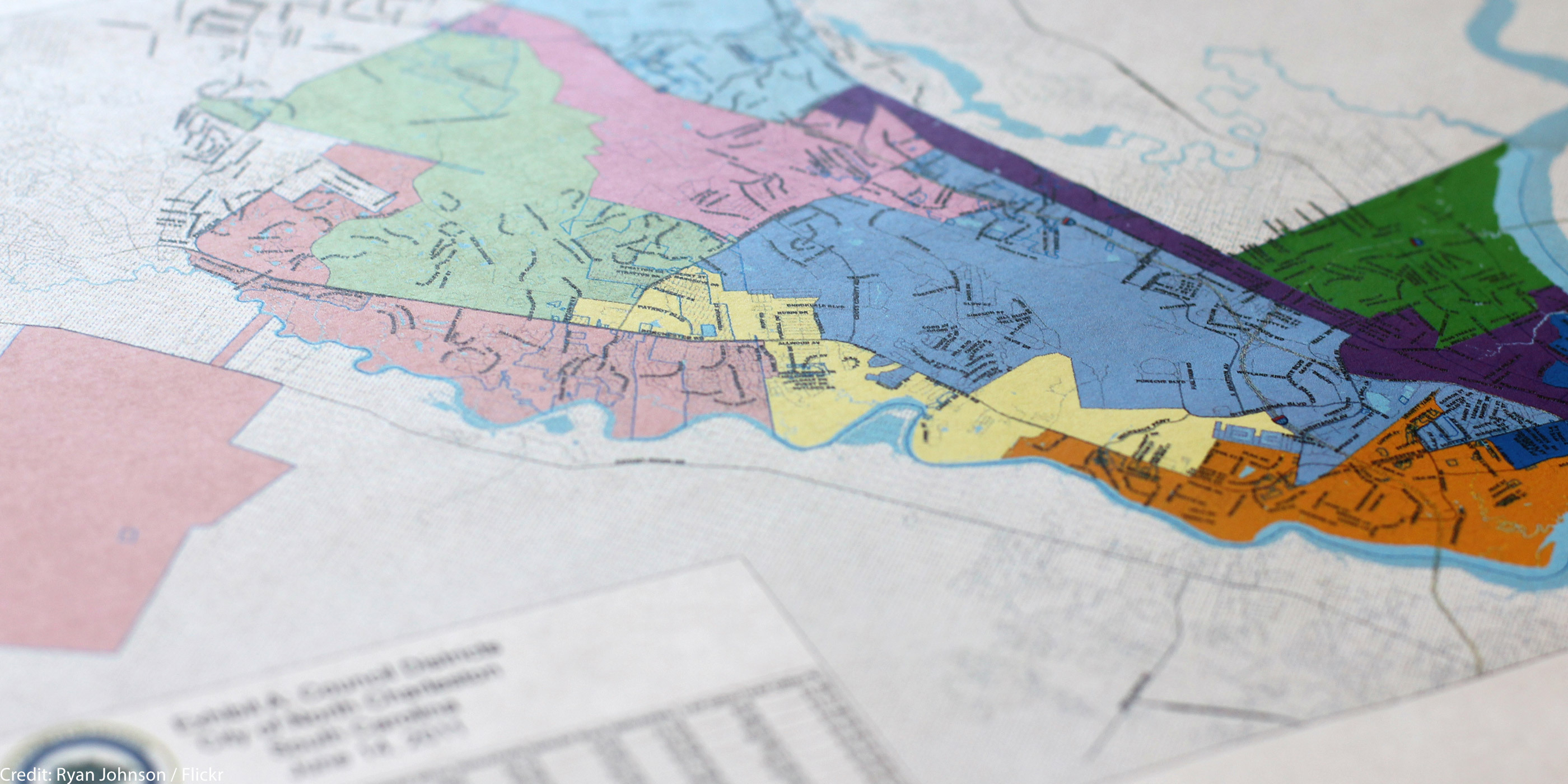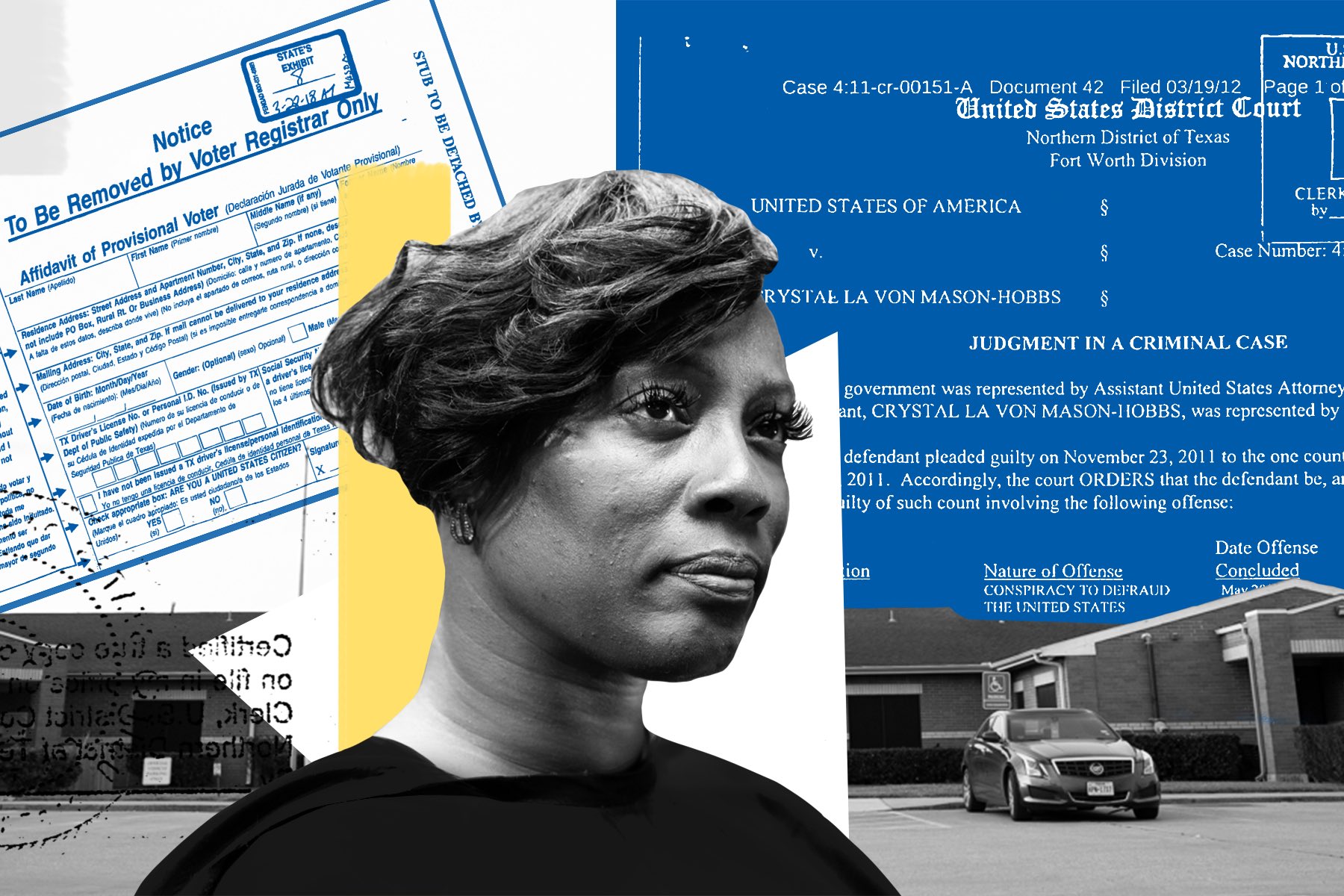The Fight Against Voter Suppression
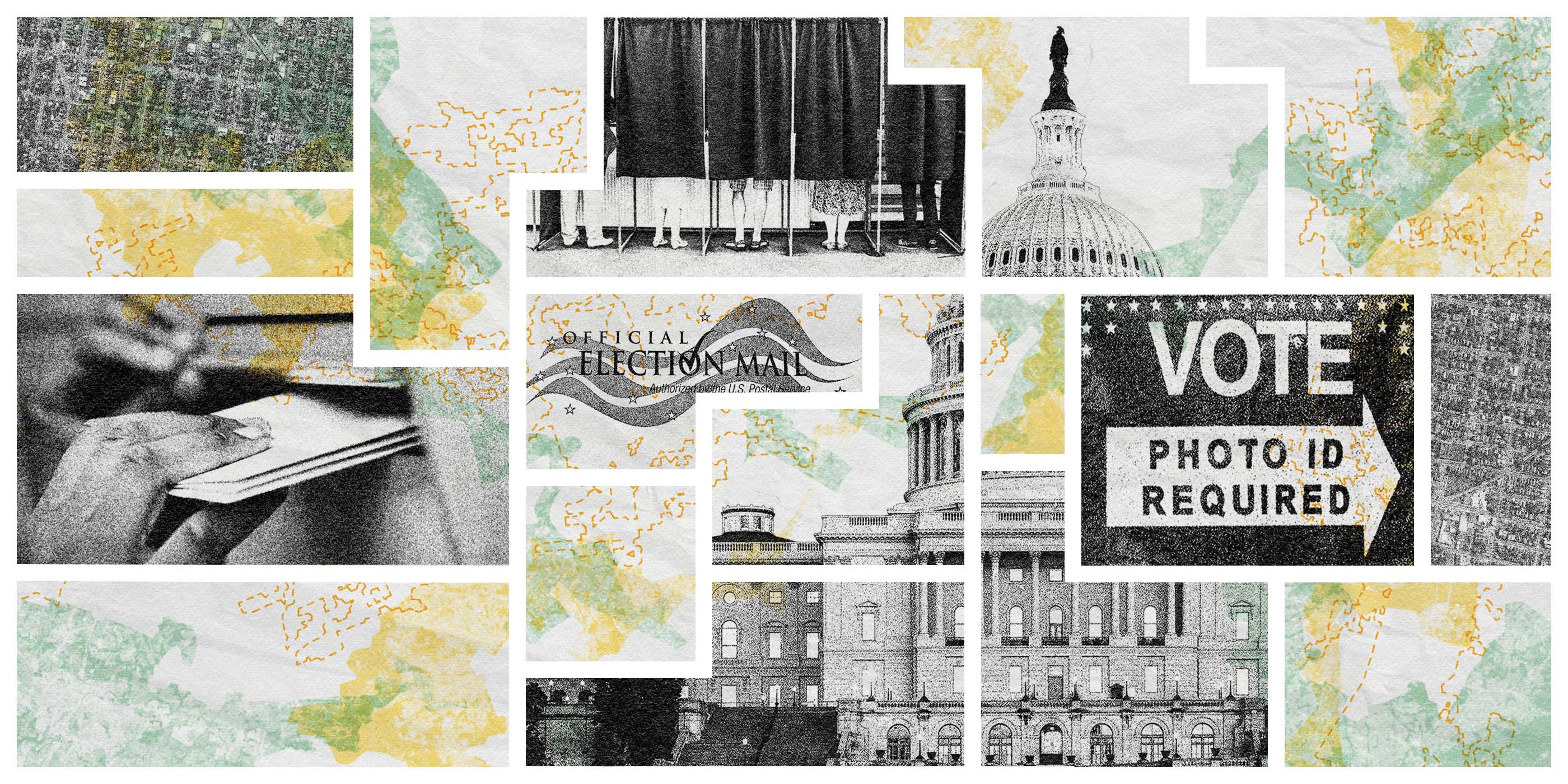
The Fight Against Voter Suppression
Voting should be as easy and accessible as possible, and in many cases it is. But in recent years, more than 400 anti-voter bills have been introduced in 48 states. These bills erect unnecessary barriers for people to register to vote, vote by mail, or vote in person. The result is a severely compromised democracy that doesn’t reflect the will of the people. Our democracy works best when all eligible voters can participate and have their voices heard.
Below, we’ve listed some of the most rampant methods of voter suppression across the country — and the advocacy and litigation efforts aimed at protecting our fundamental right to vote.
Last updated on May 16, 2024
Spotlight on Redistricting
How Politicians Try to Block the Ballot Box
Voter suppression efforts range from the seemingly unobstructive, like strict voter ID laws and cuts to early voting, to mass purges of voter rolls and systemic disenfranchisement. These measures disproportionately impact people of color, students, the elderly, and people with disabilities.
Stories of Attacks on the Ballot Box
Featured Stories
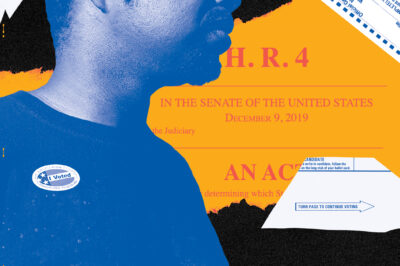
Block the Vote: How Politicians are Trying to Block Voters from the Ballot Box
Too many politicians are trying to manipulate the outcome of elections by making it harder to cast a ballot.
Block the Vote: How Politicians are Trying to Block Voters from the Ballot Box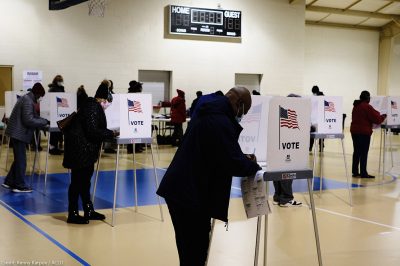
Amidst a Wave of Voter Suppression Bills, Some States Expand Access to the Ballot
The ACLU is combating legislation to suppress the right to vote in state legislatures, while at the same time advocating for policies that will expand access to the ballot.
Amidst a Wave of Voter Suppression Bills, Some States Expand Access to the Ballot
Texas Voting Rights Attacks Warrant Congressional Action
On the first anniversary of John Lewis’ passing, attacks on voting rights throughout the nation are still happening. Congress and President Biden must act.
Texas Voting Rights Attacks Warrant Congressional Action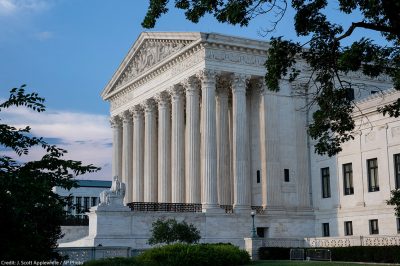
Supreme Court’s Voting Rights Act Decision Narrows Another Path to Challenge Discriminatory Voting Laws
Congress must pass the John Lewis Voting Rights Advancement Act to protect the right to vote for all.
Supreme Court’s Voting Rights Act Decision Narrows Another Path to Challenge Discriminatory Voting Laws
For Betty Riddle, Amendment 4 Win Makes Her A Part of Society, Not Apart
Betty was one of 1.4 million Floridians re-enfranchised by Amendment 4. This is her story on the fight to restore her rights.
For Betty Riddle, Amendment 4 Win Makes Her A Part of Society, Not ApartWho's Affected By Voter Suppression?
The short answer is all of us. Our democracy is debased when the vote is not accessible for all. But the fact is that some groups are disproportionately affected by voter suppression tactics, including people of color, young people, the elderly, and people with disabilities. The proof is in the numbers.
How to Protect Your Vote
The right to vote is the most fundamental constitutional right for good reason: democracy cannot exist without the electoral participation of citizens. We vote because it’s we, the people, who are supposed to shape our government. Not the other way around.
President Biden and states can enact measures to encourage rather than suppress voting. Automatic, online, and same-day voter registration encourage participation and reduce chances of error. Early voting helps people with travel or accessibility concerns participate. And states must enforce the protections of the Voting Rights Act.
At an individual level, the best way to fight voter suppression is to know your rights — and vote.
What You Can Do
Know Your Rights: Voting Rights
Know Your Rights: Voting Rights
